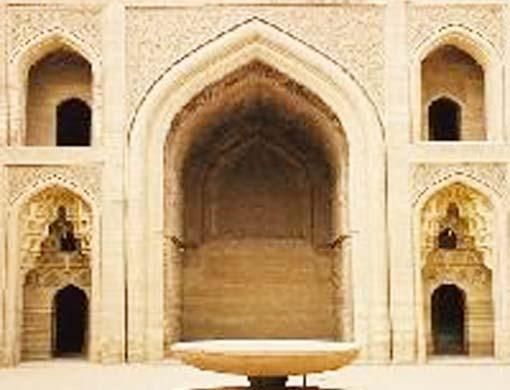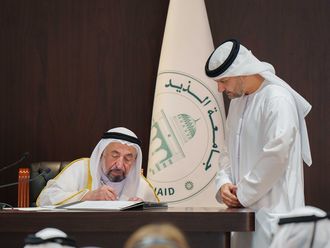Dubai: The first House of Wisdom was established during the Abbasid era in Baghdad.
The new Islamic capital that was built to replace the Omayyad capital of Damascus was constructed in AD762 by the Abbasid Caliph Al Mansour, who ruled from AD745 to 775. The Caliph allocated a palace for a library in which a huge variety of books and translations were made available to researchers and students.
Some historians indicate that the idea of building a house for books was imported from Persia. Book Palaces were known in the Sassanian culture. The Persian Empire had known book palaces before the empire was conquered by Muslims. The library was called the Sassanian Imperial Library. The House of Wisdom, however, was the first of its kind regarding its objectives and its role in developing science.
The rise of the House of Wisdom in Islamic history coincides with the Islamic Golden Age. During the era of the house, Arab and Muslim scientists studied astrology, mathematics, agriculture, medicine and philosophy known at the time through translations, which were made available at the house.
Works in various sciences were translated from the Pahlavi, Syriac and Greek into Arabic and developed over the years with special focus on inventions and applications. Science became for the first time the interest of the ordinary people.
The Abbasid Caliph Al Ma'amun (AD813-833) gave the house a great boost by entrusting it with the translation of Greek works on science in the fields of astronomy and mathematics. Many Arab and Islamic scientists became prominent through their contributions to the sciences as a result of their work at the house. During this period, Al Ma'amun allocated an open budget for the house which was spent mainly on translations.
Mohammad Bin Mousa Al Khwarizmi (AD780-850) and Yaqoub Bin Ishaq Al Kindi (AD801-873) were among those who made great scientific contributions that today are recognised internationally.
The library and its enlightenment role came to an end when the Mongols invaded Baghdad in 1258. The Mongols destroyed the library and threw its books into the River Tigris which ran black for months due to the ink of the books.
Another House
In Cairo, the Fatimid Caliph Al Hakim Bin Amr Allah built Dar Al Hikmah in 1004 and funded it.
In present day Iraq, a research centre was built and named Bait Al Hikmah. Thousands of research papers and books from the centre were looted during the 2003 invasion of Iraq.













